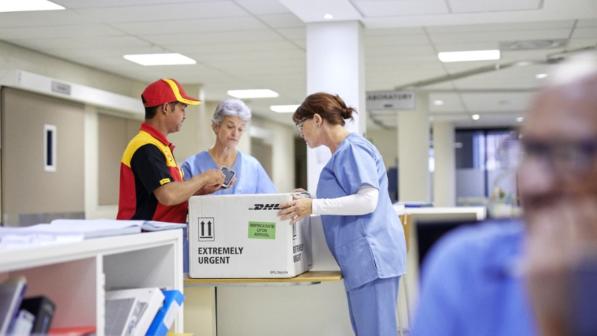
Photo Credit: DHL
DHL Express will increase its workforce by 40% at its Asia Pacific Export Compliance Center (APECC) in Malaysia by the end of 2021. The company, which moves over 480 million shipments a year globally, has strict measures in place to ensure shipments through its network comply with legal and regulatory frameworks in line with United Nations, European, the U.S., global and local regulations on sanctions or denied parties.
"We continue to invest in the APECC because it plays a pivotal role in ensuring that good corporate governance and stringent compliance to export regulations are fully integrated into our daily business and operations. we stay on top of regulatory changes across the 40 markets in the region" said Ken Lee, CEO of DHL Express Asia Pacific.
Situated in Kuala Lumpur, the APECC was established in 2015 to ensure shipments through the network are compliant with evolving international shipping regulations. This includes understanding current rules and new sanctions from both origin and destination of the shipment, and helping customers understand the import and export process. Export compliance officers at the Center are globally certified by the International Compliance Association, the leading professional body for global regulatory and financial crime compliance. The teams also undergo regular training, especially when new sanctions emerge.
Overseeing the thousands of outbound shipments from Asia Pacific, the APECC is tasked to ensure non-compliant shipments are not missed. With the surge in shipment volumes driven in part by the growth of e-commerce, the Center leverages Artificial Intelligence (AI) by comparing recent data and transactions of previous shipments and alerting employees when there are anomalies.
The Asia Pacific Export Compliance Center is one of the three centers globally, with one located in Europe and another in Central America.




